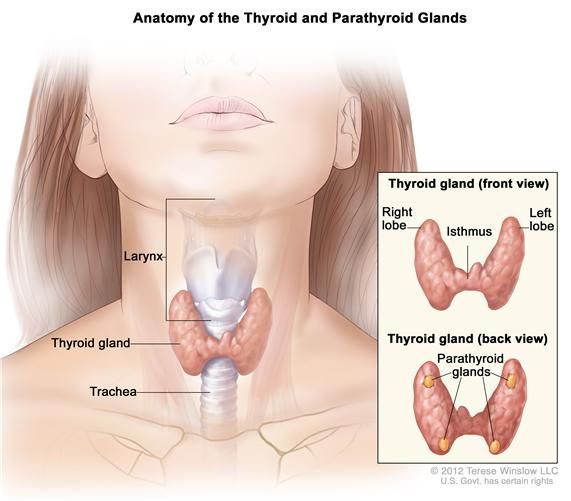Thyroid Disorders In Children: Everything You Need To Know About Medical Condition In Kids
Thyroid disorders, which have a profound effect upon the human body, affect adults as well as children. When a child is found to have thyroid disorder it is necessary to identify the problem to treat it to optimize growth and development.
Primary care physicians are critical in identifying children and adolescents who have thyroid disorders. Children can get thyroid problems, including overactive thyroid, underactive thyroid, thyroid nodules and thyroid cancer. In a new review article published online by JAMA Pediatrics, Andrew J. Bauer, M.D. of The Children's Hospital of Philadelphia, and coauthor, examined the presentation, evaluation and treatment of thyroid disorders seen in primary care.
The authors of the review focused on congenital hypothyroidism, acquired hypothyroidism, hyperthyroidism and thyroid nodules.
"An understanding of risk factors, clinical signs and symptoms, and interpretation of screening laboratories ensures an efficient and accurate diagnosis of these common disorders. Regular communication between the primary care physician and the subspecialist is critical to optimize outcomes because the majority of patients with thyroid disorders will require long-term to lifelong medical therapy and/or surveillance," the article states.

What is Thyroid disorder?
Any disfunction of a butterfly-shaped gland in your neck, just above your collarbone is a Thyroid disorder. It is one of your endocrine glands, which produces hormones that control the rate of many activities in your body, including burning fat and manages heart beats.
Thyroid Problems in Children
- Overactive thyroid in children can be a result of Graves disease (Hyperthyroidism), in which the child's own immune system makes antibodies that are not normal and that increase thyroid activity.
- Children with underactive thyroid may have Hashimoto's disease (Hypothyroidism), in which there is a decrease in thyroid activity.
Symptoms
- Hyperthyroidism: Fast heartbeat, enlarged thyroid, sweat and sleep problems, big appetite along with weight loss, fainting.
- Hypothyroidism: Decreased energy, weight gain without less appetite, decreased in growth rate, muscle soreness, brittle hair and dry skin.



























